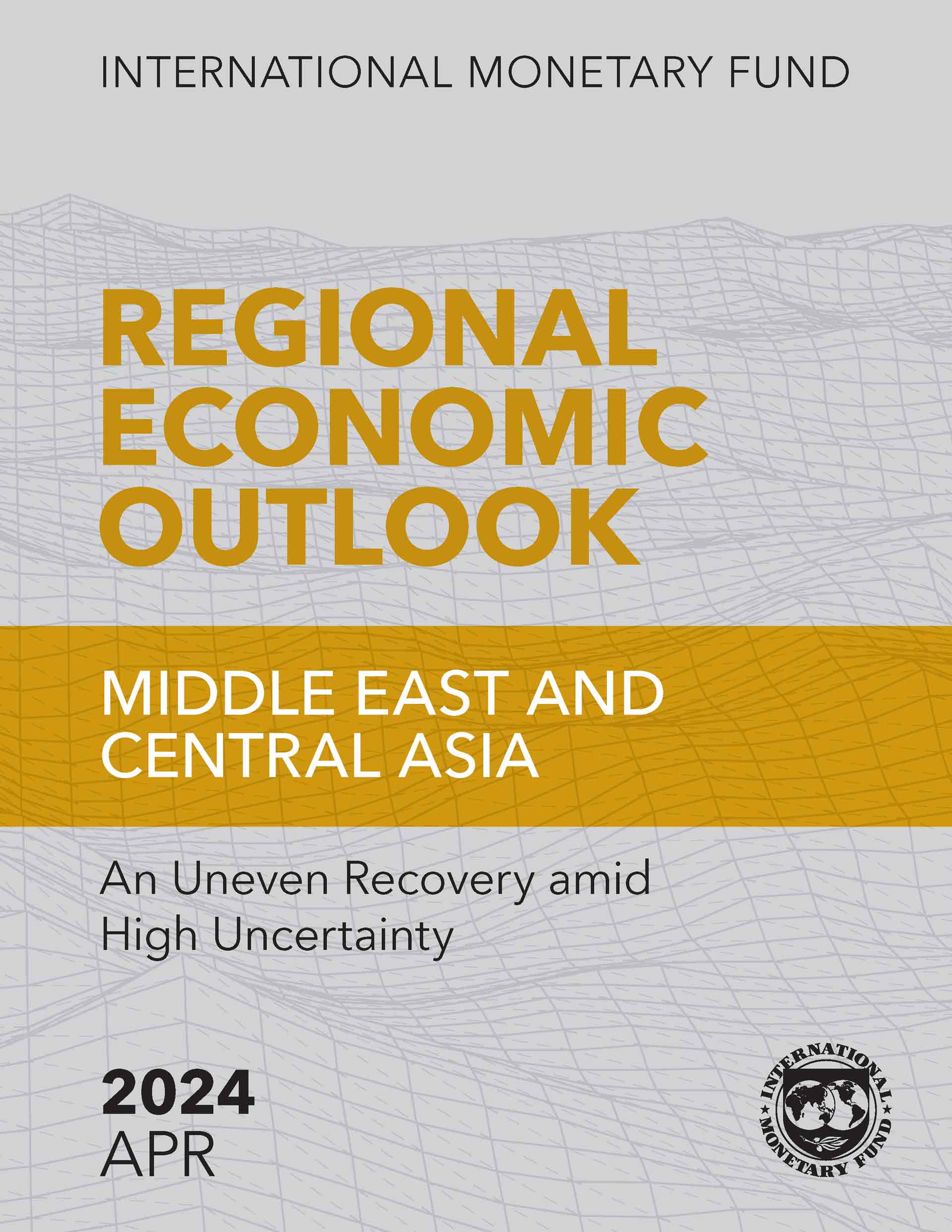This web page provides information on the activities of the Office, views of the IMF staff, and the relations between Mauritania and the IMF. Additional information can be found on Islamic Republic of Mauritania and IMF country page, including official IMF reports and Executive Board documents in English that deal with Mauritania.
Mauritania: At a Glance
- Mauritania joined the Fund on September 10, 1963.
- Quota: SDR 128.80 Million
- Last Article IV: Country report No. 17/324, October 16, 2017
IMF's work on Mauritania
-
June 28, 2024
Series:Country Report No. 2024/194
-
Islamic Republic of Mauritania: Poverty Reduction and Growth Strategy
June 28, 2024
Series:Country Report No. 2024/195
-
June 4, 2024
The IMF Executive Board completed today the second reviews under the Extended Credit Facility (ECF) and the Extended Fund Facility (EFF) arrangements, and the first review under the Resilience and Sustainability Facility (RSF) arrangement for the Islamic Republic of Mauritania, enabling the authorities to draw SDR 21.3 million (approximately US$36.84 million). The performance in IMF supported programs under the ECF and EFF arrangements and the RSF arrangement is on track.
-
Islamic Republic of Mauritania: Climate Mitigation Policy Diagnostic
May 31, 2024
Author/Editor:Diego Mesa Puyo | Zhiyong An | Thomas Benninger | Nate Vernon
Series:High Level Summary Technical Assistance Report No. 2024/022 -
March 8, 2024
A mission from the International Monetary Fund (IMF), led by Mr. Felix Fischer, held discussions with the Mauritanian authorities in Nouakchott from February 26 to March 7, 2024, on the second reviews of the program supported by the Extended Credit Facility (ECF) and the Extended Fund Facility arrangements, as well as on the first review of the program under the Resilience and Sustainability Facility (RSF) arrangement.
Regional Economic Outlook
April 18, 2024

An Uneven Recovery amid High Uncertainty
The Middle East and North Africa and the Caucasus and Central Asia regions are positively impacted by the resilience of the global economy. Lower global commodity prices and vigilant policy responses have helped ease inflation in most countries. However, uncertainty and risks have risen amid ongoing conflicts, shipping disruptions, and reduced oil production. This is leading to an uneven recovery across the Middle East and Central Asia, with growth rates varying this year. Policymakers need to ensure economic stability and debt sustainability while navigating geopolitical risks and improving medium-term growth prospects. Amid high uncertainty, it is essential that countries implement reforms to enhance their fundamentals, including by strengthening institutions. Additionally, countries can seize potential economic opportunities amid shifting trade patterns by reducing long-standing trade barriers, diversifying products and markets, and improving infrastructure.
Read the Report



